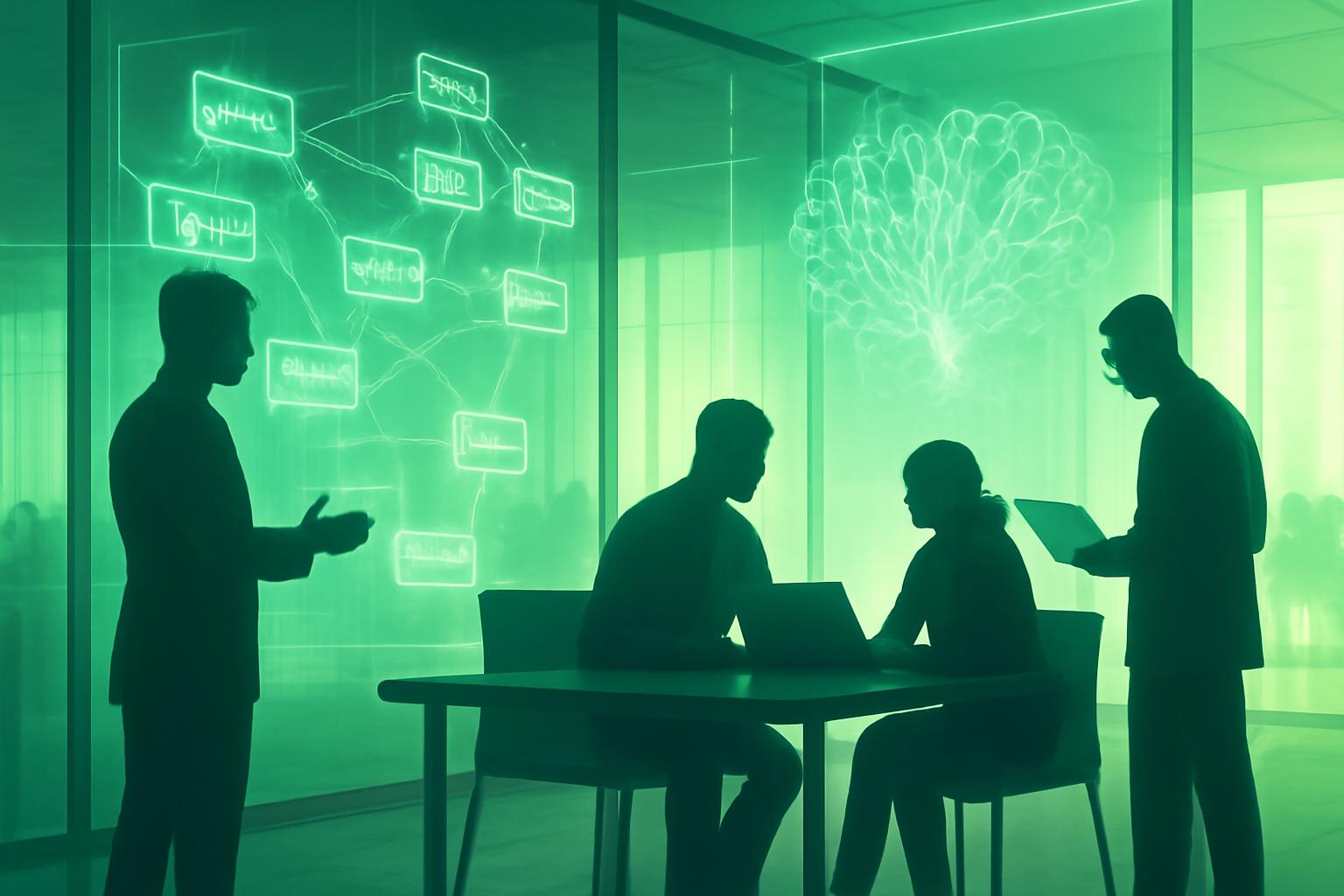Ethereum Foundation Forms AI Team to Address Growing Ecosystem Needs
The Ethereum Foundation has established a new artificial intelligence (AI) team, a move driven primarily by demand from projects within its ecosystem rather than by a pre-existing roadmap directive. Davide Crapis, the newly appointed AI lead, emphasized that this initiative represents an important step toward ensuring the long-term viability of the Ethereum protocol.
“Our ecosystem needs this,” Crapis told Cointelegraph, highlighting that the Foundation’s AI efforts will operate at the intersection of both the protocol and ecosystem divisions. This dual approach is designed to foster product development while preparing Ethereum to engage traditional AI developers.
Bridging AI and Decentralization
Crapis outlined the Foundation’s goal to demonstrate to conventional AI practitioners the potential benefits of decentralization, including addressing challenges related to AI alignment, verification, and governance. Early AI-related applications on Ethereum already include micropayments—often involving stablecoins—as well as onchain identity verification mechanisms.
The newly formed AI team, initially comprising Crapis, an AI product manager, and an AI researcher collaborating with protocol teams, intends to clarify and support these emerging areas. A more detailed roadmap with specific milestones is expected to be published later this year.
Focus on ERC-8004 Proposal
In the short term, Ethereum’s AI efforts are concentrated on Ethereum Request for Comment (ERC) 8004, a proposal that introduces a trustless framework for discovering, selecting, and interacting with AI agents on the blockchain. This proposal was co-authored by Crapis alongside MetaMask AI lead Marco De Rossi and OpenAI’s Jordan Ellis.
“The proposal has gained significant traction early on,” Crapis noted, describing it as potentially impactful within the ecosystem.
Context Within the Broader Blockchain AI Landscape
The Ethereum Foundation’s AI initiative follows growing interest across the crypto sector in integrating AI and blockchain. Infrastructure projects such as Planck and Kite AI have launched AI-focused blockchains on layer-0 and layer-1 networks, respectively. Additionally, crypto AI agents capable of autonomously executing financial transactions have become more prevalent throughout 2023.
Asked whether Ethereum was a late entrant in this space, Crapis disagreed, stating, “The timing feels right because people have been experimenting with AI coordination on these protocols for about two years now.”
FinOracleAI — Market View
Ethereum’s creation of a dedicated AI team signals a strategic pivot to integrate AI capabilities within its ecosystem, potentially attracting traditional AI developers and fostering innovative decentralized applications. The ERC-8004 proposal’s early traction suggests tangible progress, but execution risks remain, particularly regarding adoption and technical integration.
Investors should monitor forthcoming roadmap details and ecosystem uptake of AI-powered services. The initiative aligns Ethereum with broader industry trends in blockchain-AI convergence, which could enhance its competitive positioning.
Impact: positive













